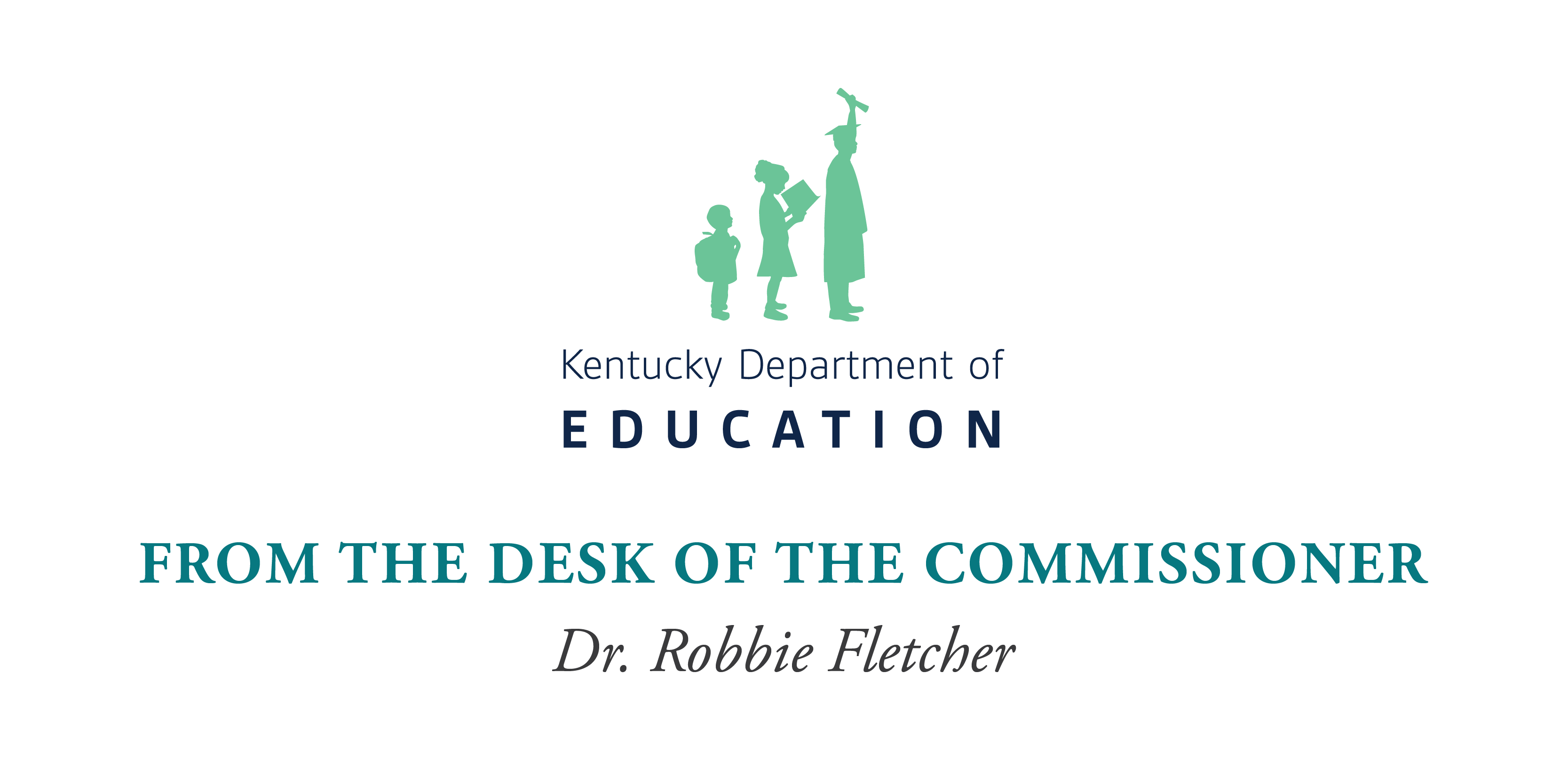(FRANKFORT, KY) – The percentage of Kentucky 2019 public high school graduates meeting college readiness benchmarks on the ACT college-entrance exam in English, mathematics, science and reading saw a two-point percentage decrease since last year, according to data released Oct. 30 by ACT.
In 2018, 20% of students met college readiness benchmarks in all four subject areas; that percentage dropped to 18% for 2019. Composite scores were also down statewide; from 19.9 in 2018 to 19.5 in 2019. While an overall decline in scores was seen nationwide, Kentucky’s drop was larger than the national average.
Five-year Trends & Percentage of Students Meeting College Readiness Benchmarks
Five-year Trends & Average ACT Scores
“I am disappointed to see declines in all subject areas and composite scores,” said Kentucky Education Commissioner Wayne Lewis.
ACT College Readiness Benchmarks represent the minimum score needed on an ACT subject-area test to indicate a 50% chance of obtaining a B or higher or about a 75% chance of obtaining a C or higher in credit-bearing college courses.
“ACT scores are a key indicator of Kentucky high school graduates’ preparedness for success at the postsecondary level,” said Lewis. “As most of the jobs that have been and are being created in the 21st century economy require postsecondary education or training, students’ readiness for success in college is more important now than ever before.”
The ACT scores for Kentucky, like the K-PREP and NAEP scores recently released, also show persistent achievement gaps between racial groups. For example, white students scored an average composite of 20.2, African-American students scored an average of 16.6, and Hispanic/Latino students scored an average of 18.1.
Kentucky's ACT Composite Scores, By Race
Kentucky schools must work to ensure all students, regardless of race or socioeconomic background, have access to a high-quality, Kentucky Academic Standards-aligned curriculum and effective instruction at grade level.
“If students have not received effective instruction in academic standards at their grade level, there is little chance they will be able to demonstrate understanding of the academic content on tests like ACT and K-PREP,” said Lewis. “Fortunately, many Kentucky students already have access to high-quality curriculum and effective instruction, but too many have access to neither. Most troubling, more often than not it’s our most vulnerable learners who lack access to both.”
A 2018 study from TNTP analyzed nearly 4,000 students in five diverse school systems and found that most students – especially economically disadvantaged students and students of color – spent the vast majority of their school days without four crucial resources:
- Grade-appropriate assignments;
- Strong instruction;
- Deep engagement; and
- Teachers with high expectations.
“This study used a national sample of schools. Nevertheless, if we are honest, we know this to be true in many of Kentucky’s schools,” said Lewis. “Many economically disadvantaged students and students of color in Kentucky are graduating from high school, often with good grades, but without the minimum skills necessary to be successful in college or in the workforce. We see this trend clearly in these ACT scores. Unless we acknowledge and boldly address those flaws, making policy and practice decisions that truly put students’ needs first, students in academic emergency will remain on the fast track to poverty, dependency and prison.”




Leave A Comment